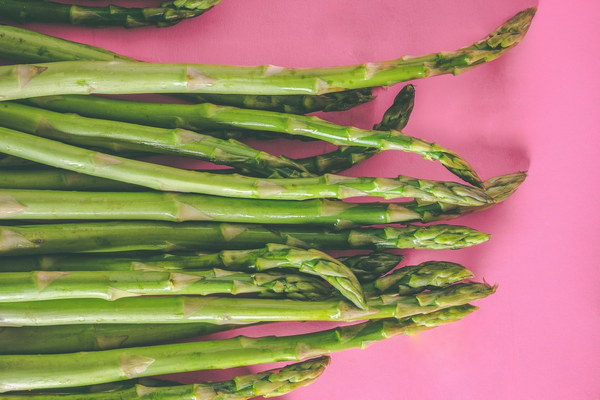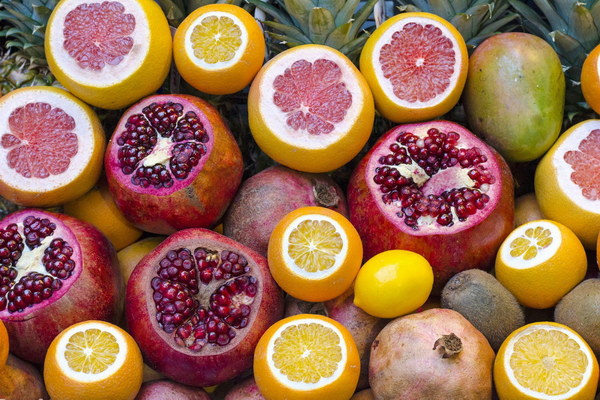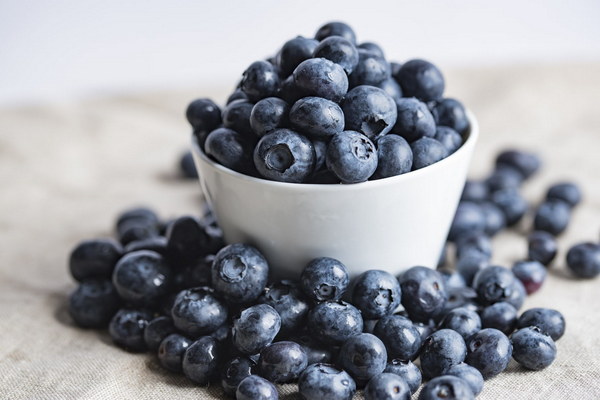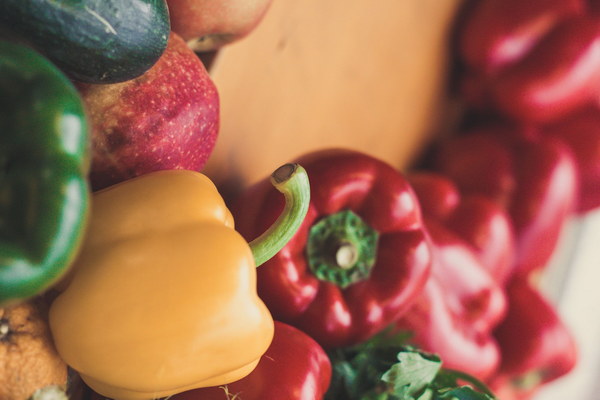Nurturing Young Hearts and Lungs A Guide to Traditional Chinese Food Therapy for Children's Cough Relief
In the realm of pediatric healthcare, addressing children's coughs can be both a challenge and a delicate matter. Traditional Chinese Medicine (TCM) offers a unique approach to treating coughs through food therapy, focusing on nourishing the body's internal balance and strengthening the immune system. This article delves into the art of using TCM to soothe children's coughs with the power of natural, healing foods.
Understanding Coughs in Children
A cough is a common symptom that can be caused by a variety of factors, including viral infections, allergies, and environmental irritants. In children, coughs can be particularly distressing, as they may not be able to communicate their discomfort effectively. TCM views coughs as an imbalance in the body, often linked to issues in the lung and spleen systems.
The Importance of Food Therapy
Food therapy is a cornerstone of TCM, as it leverages the properties of various foods to address imbalances and enhance overall well-being. By incorporating specific foods into a child's diet, parents can help alleviate cough symptoms and fortify their child's immune system.
Foods That Soothe Coughs
1. Honey and Lemon: A classic remedy, honey and lemon are natural cough soothers. Honey's antibacterial properties can help reduce inflammation and its thick, sticky texture coats the throat, providing relief. Lemon is high in vitamin C, which supports the immune system.
2. Ginger: Known for its warming properties, ginger can help expel colds and flu. It is also a natural expectorant, which helps to loosen mucus. Prepare a ginger tea by simmering fresh ginger slices in water for 10-15 minutes and allowing it to cool before serving.
3. Cinnamon: This spice is not only warming but also has antibacterial properties. A teaspoon of cinnamon powder can be mixed into a warm milk or herbal tea to help ease coughing.
4. Goji Berries: These berries are rich in antioxidants and can help strengthen the immune system. They can be added to porridge, smoothies, or eaten as a snack.
5. White Mulberry: This fruit has a sweet, cooling nature that helps clear heat and reduce cough. It can be consumed fresh or dried.
6. Chicken Soup: A warm bowl of chicken soup is a comforting and healing option. The broth can help keep the body hydrated and the chicken itself is a source of amino acids and minerals that can aid in recovery.
7. Licorice Root: This herb is often used in TCM to soothe the throat and reduce coughing. It can be made into a tea by boiling dried licorice root in water.
8. Black Sesame Seeds: These seeds are a good source of calcium, magnesium, and selenium, which can help boost the immune system. They can be sprinkled on porridge or mixed into a paste with honey.
Incorporating Food Therapy into Your Child's Diet
When introducing these foods into your child's diet, it is important to consider their preferences and any allergies they may have. Here are some tips for incorporating these cough-relieving foods into your child's meals:
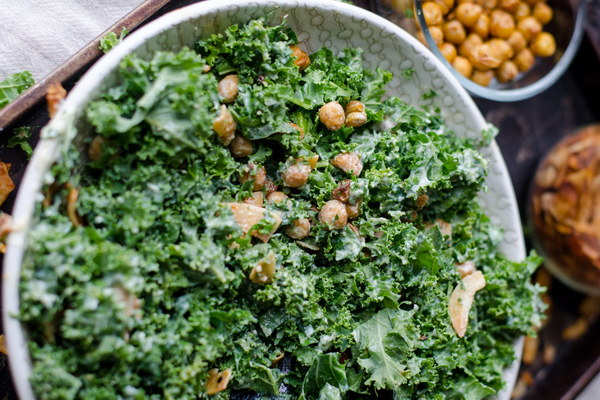
- Start with small amounts and gradually increase the portions as your child becomes accustomed to the flavors.
- Combine different cough-soothing ingredients to create a variety of dishes that cater to your child's taste preferences.
- Offer these foods in a way that is appealing to children, such as in smoothies, baked goods, or as part of a fun-themed meal.
- Always consult with a healthcare provider or a TCM practitioner before making significant changes to your child's diet, especially if they have underlying health conditions.
In conclusion, TCM offers a gentle and effective way to address children's coughs through food therapy. By focusing on balancing the body's internal systems, parents can provide relief and support their child's immune system, fostering a path to quicker recovery.

